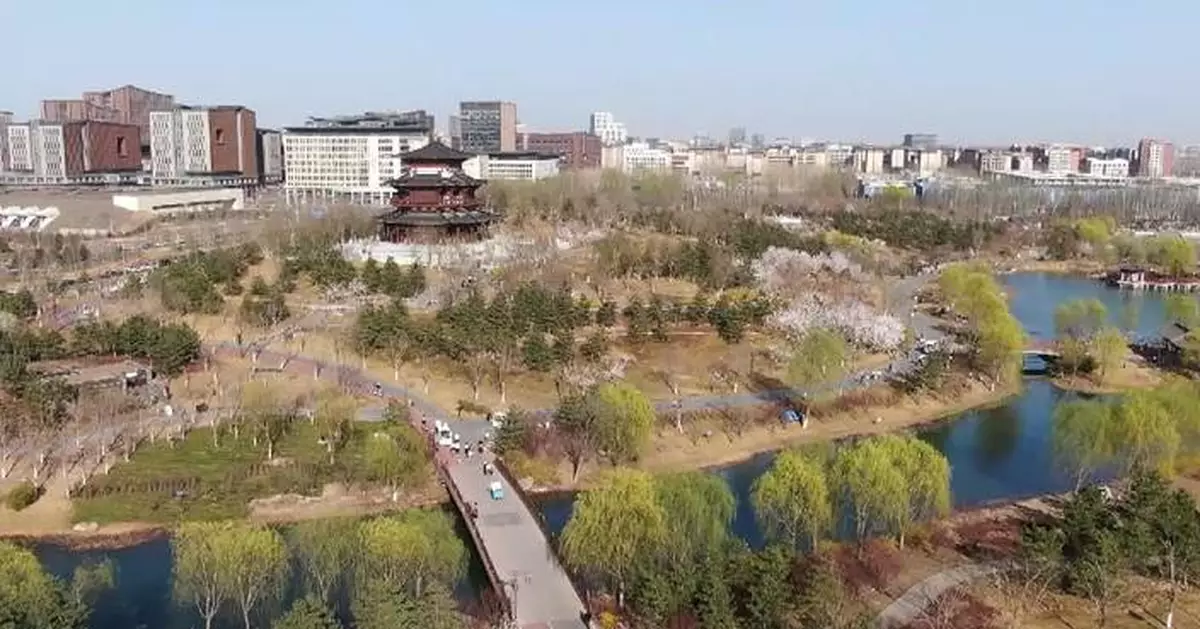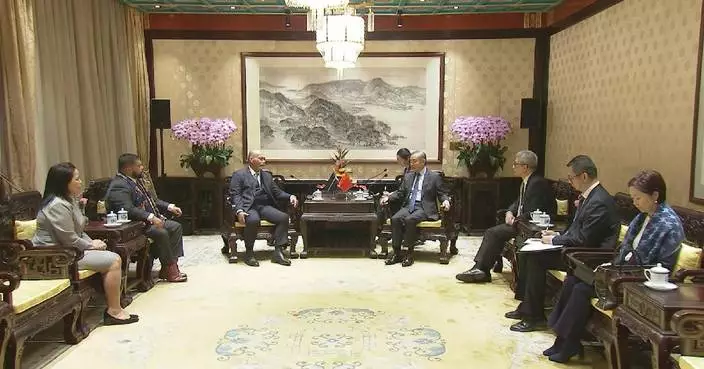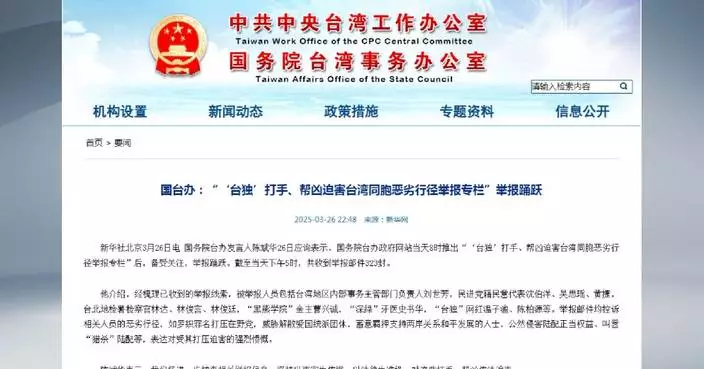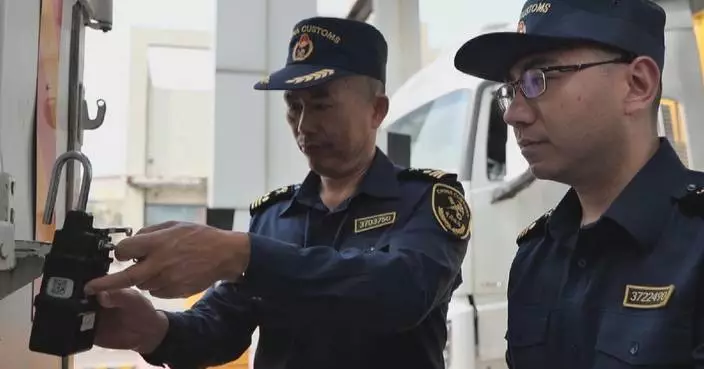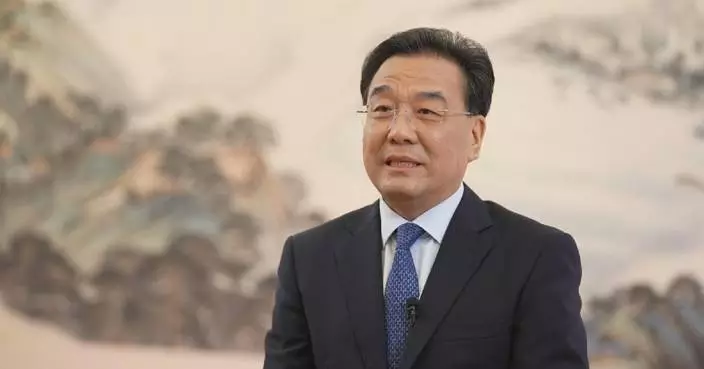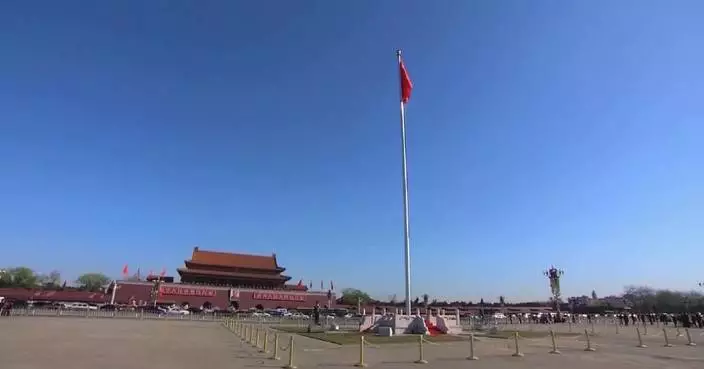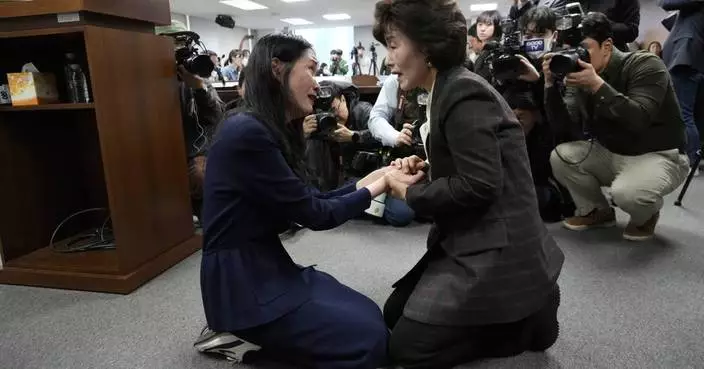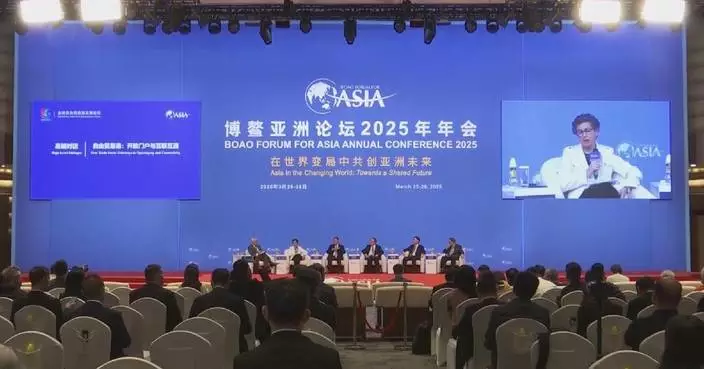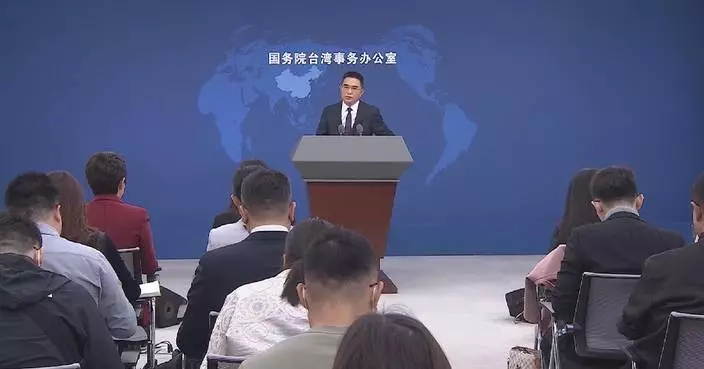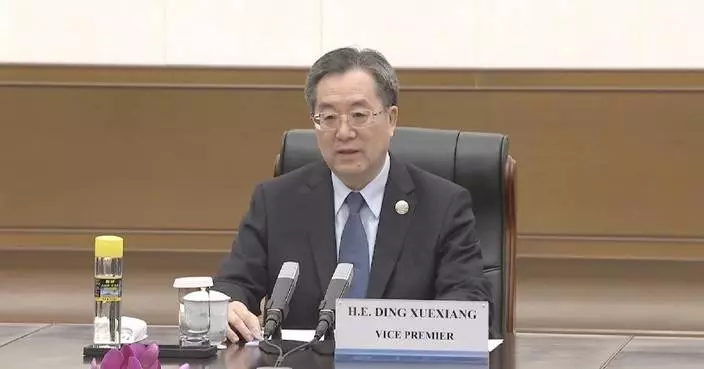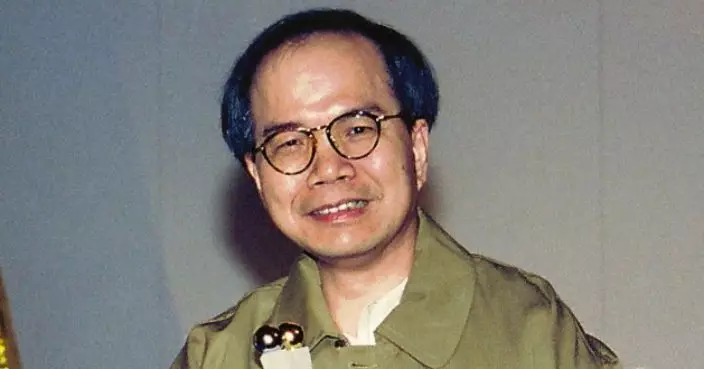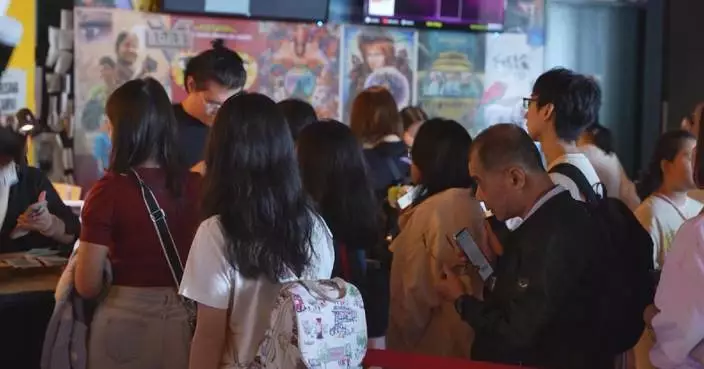As the Qingming Festival approaches, demand for short trips around first-tier cities like Beijing, Shanghai, and Guangzhou is surging, with both domestic getaways and international spring tours gaining significant traction, according to data from online travel platforms.
The Qingming Festival, also known as the Tomb-Sweeping Day, is traditionally a time for families to pay tribute to the deceased, as well as a peak period for spring outings. This year, the holiday will run from April 4 to 6, coinciding with favorable weather, blossoming flowers, and vibrant greenery that draw many travelers.
Data from Qunar, a major online travel agency, shows travelers from Beijing, Tianjin, and surrounding areas are flocking to nearby Hebei province. For young travelers, capturing social media-worthy photos has become a key focus, with attractions like Longxing Temple and Rongguo Mansion in Shijiazhuang, built for the television adaptation of the iconic 18th-century Chinese novel Dream of the Red Chamber, a Dream of the Red Chamber-themed theater complex in Langfang, and Shanhaiguan, the eastern end of the Great Wall in Qinhuangdao, all seeing search volumes increase by over 40 percent.
"During the Qingming Festival transport period, the Beijing Bureau anticipates handling 6.95 million passengers over the five-day period, representing a 4.6 percent increase compared to last year. The peak day will be April 4, with an estimated 1.65 million passengers. The majority of passenger flow will be concentrated on routes connecting Jinan, Taiyuan, Zhengzhou, Shenyang, Qingdao, and Xi'an, as well as round trips between Beijing and Tianjin, Baoding, Shijiazhuang, and Zhangjiakou," said Guo Liuming, spokesperson of Passenger Transport Department at China Railway Beijing Group Co.
To meet the demand, the China Railway Shanghai Bureau launched a special train in mid-March for spring blossom viewing, connecting popular scenic spots in nearby Jiangsu Province such as the ancient town of Zhouzhuang in Suzhou.
Hotel bookings reflect this growing interest, with destinations in the Yangtze River Delta region—such as Shanghai, Nanjing, Hangzhou, Suzhou, and Huangshan—showing significant year-on-year growth. Zhoushan, Huzhou, and Huangshan, in particular, have seen notable increases in bookings.
Analysts note that March and April are typically off-peak months for travel, with airfares and hotel prices more than 50 percent lower than during major holidays like the Spring Festival and May Day. As a result, many travelers are opting for "quick spring break" trips to destinations in Japan, South Korea, and Southeast Asia. Currently, on the Qunar platform, direct flights from Beijing to Hanoi, Bangkok, Ho Chi Minh City, and Jeju Island are priced under 1,000 yuan (about 138 U.S. dollars), while flights to popular destinations like Seoul and Osaka are available for under 1,400 yuan (over 190 U.S. dollars). Flights from Shanghai to Bangkok are priced below 500 yuan (about 70 U.S. dollars), and tickets to Jeju Island, Fukuoka, Osaka, and Nagoya are all under 1,000 yuan.
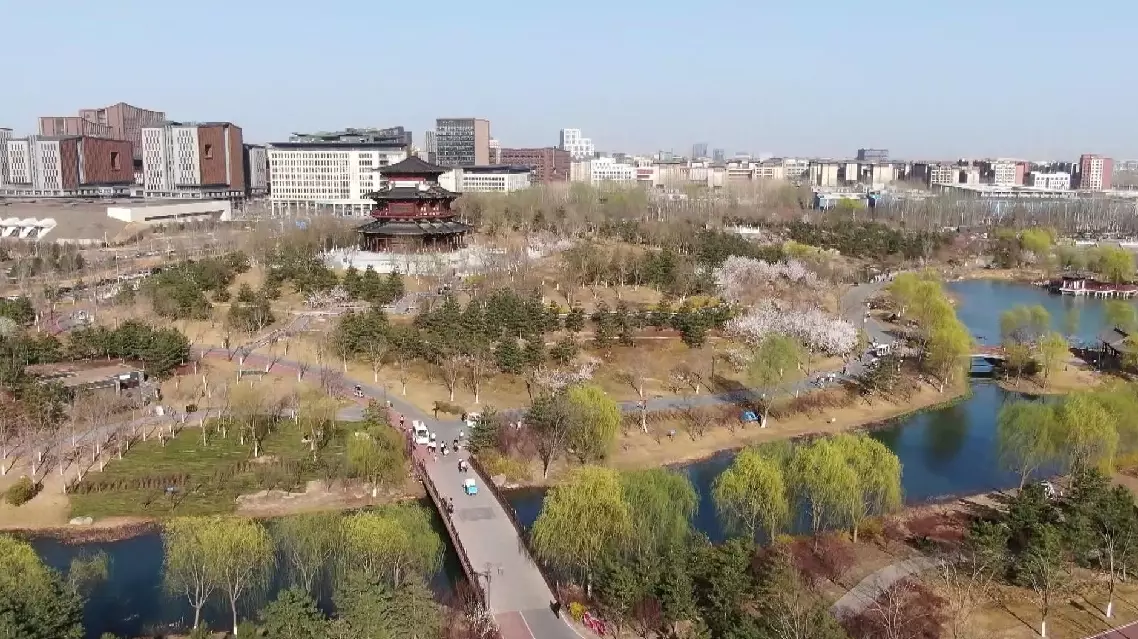
Short trips around China's first-tier cities surge ahead of Qingming Holiday
It's impossible to build a system of governance that ensures artificial intelligence (AI) systems always operate and police themselves in alignment with both human and machine well-being without the participation of China, American columnist Thomas L. Friedman said in an article on Tuesday.
Friedman, a three-time Pulitzer Prize winner and the author of "The World Is Flat: A Brief History of the Twenty-First Century," attended the China Development Forum 2025 held on March 23 and 24 in Beijing.
Based on what he saw and heard during the event, Friedman published an article in the New York Times titled "What I'm Hearing in China This Week About Our Shared Future" on Tuesday.
"There is an earthshaking event coming — the birth of artificial general intelligence (AGI). The United States and China are the two superpowers closing in on AGI — systems that will be as smart or smarter than the smartest human and able to learn and act on their own," the article reads.
Friedman cited an M.I.T. Technology Review report on the "16 humanoid robots" that danced on stage during China's televised Spring Festival gala this year which read: "Clad in vibrant floral print jackets, they took part in a signature ... dance, twirling red handkerchiefs in unison with human dancers."
Friedman wrote in his column that "In their day job, these robots work assembling electric vehicles. Dancing was just their hobby."
"The advances that China has made on AI in just the past year have made it absolutely clear that Beijing and Washington are now the world's two AI superpowers," Friedman wrote.
He mentioned a recent report by Morgan Stanley describing China's dominance over the West in the humanoid robot industry, saying the country is home to a majority of the top-listed companies in this sector.
Noting AI systems and humanoid robots offer so much potential benefit to humanity, Friedman warned they could also be hugely destructive and destabilizing if not embedded with the right values and controls.
He repeatedly stressed the importance of collaboration between the U.S. and China in AI.
"Because what Soviet-American nuclear arms control was to world stability since the 1970s, U.S.-Chinese AI collaboration to make sure we effectively control these rapidly advancing AI systems will be for the stability of tomorrow's world," Friedman wrote.
"China has greatly narrowed the gap with us and surpassed the other democracies. This can't be done without Beijing. So guess who's coming to dinner. It's a table for two now," he said.
Friedman wrote in the article that "Once AGI arrives, if we are not assured that these systems will be embedded with common trust standards, the United States and China will not be able to do anything together."
He pointed out that in this case, neither side will trust anything they trade with the other, because AI will be in everything that is digital and connected, including cars, watches, toasters, chairs, implants, and notepads.
"So if there is no trust between the U.S. and China and each of the two countries has their own AI systems, it will be the TikTok problem on steroids. A lot of trade will just grind to a halt, with only soybeans for soy sauce sold to each other," Friedman wrote, saying "It will be a world of high-tech feudalism."
Friedman said he was taken with a speech by Israeli historian Yuval Noah Harari during the conference, who said that "We should build more trust between humans before we develop truly superintelligent AI agents. But we are now doing exactly the opposite. All over the world, trust between humans is collapsing. Too many countries think that to be strong is to trust no one and be completely separated from others. If we forget our shared human legacies and lose trust with everyone outside us, that will leave us easy prey for an out-of-control AI."
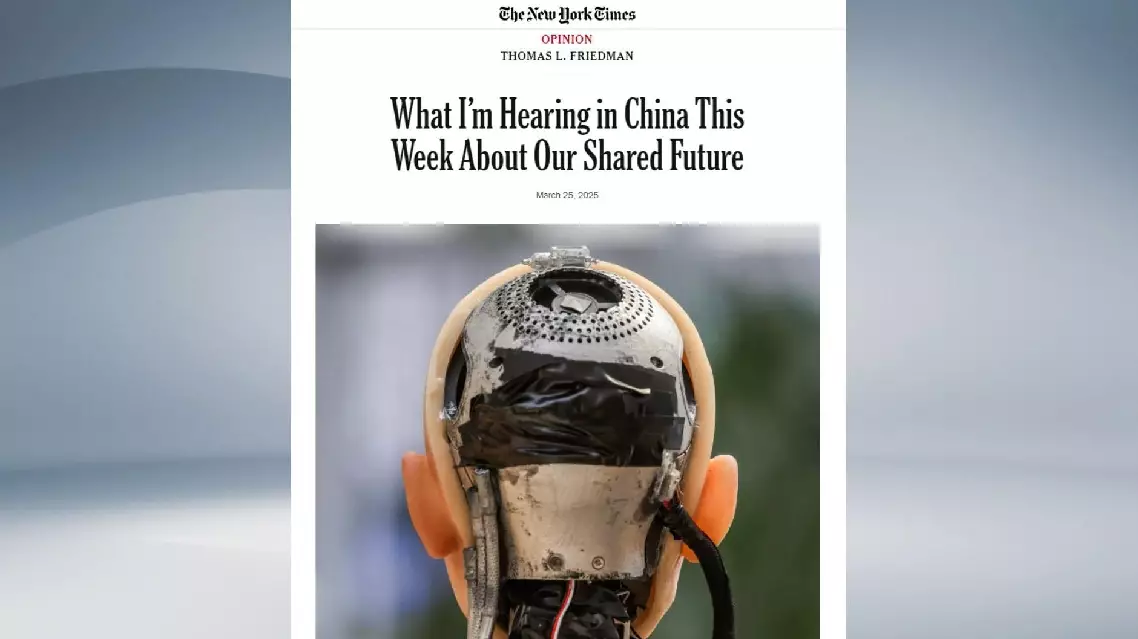
Global AI governance cannot happen without China: American columnist



